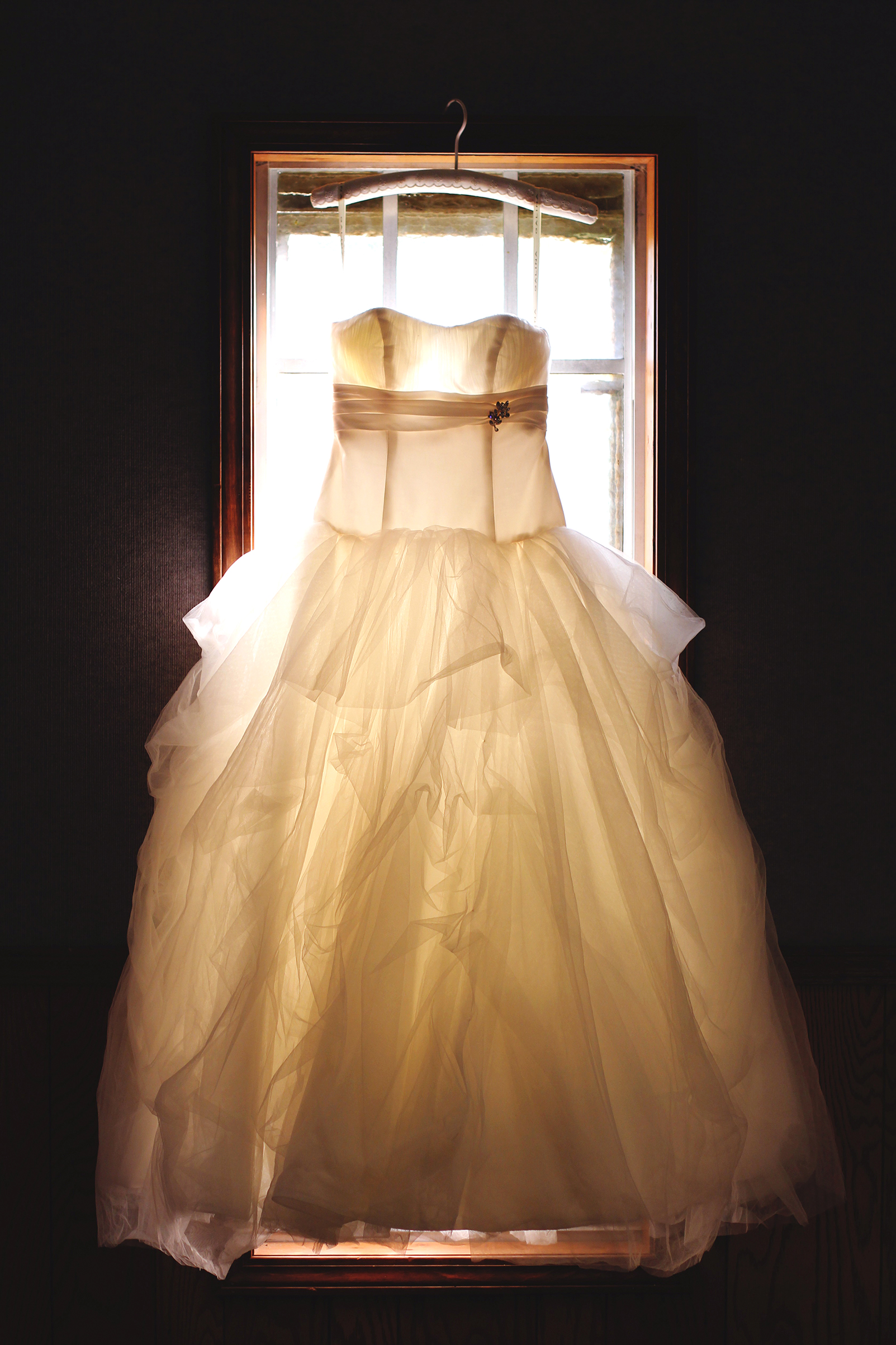
Most Girls Scouts spend their time learning survival skills and selling cookies. But Cassandra Levesque, 18, spent her last year in Girl Scouts drafting and then campaigning for a bill that would raise New Hampshire’s minimum marriage age from 13 to 18.
Under New Hampshire law — as in most other U.S. states — minors can marry as long as they have parental consent and a judge signs off. “Every girl dreams about what their wedding is going to be like,” says Levesque, “but some girls are having a wedding that they never dreamed of. They’re being put into relationships that they’re not ready for.”
Last year Levesque contacted her state representative, Rep. Jacalyn Cilley, who in January 2017 introduced a bill to raise the minimum age of marriage to 16. The bill was later amended to prohibit all marriages for people under 18, before it was defeated by House Republicans in March.
Representative David Bates, who led the campaign against the bill, argued it was important to preserve the option for legal teen marriage in a few key scenarios, such as when a teen is pregnant and wants to marry the father of her child, or if a teenager is serving in the armed forces and wishes to marry before deployment. Bates said that since 17-year-olds can join the military, “there is no way our legislature is going to tell [them] they’re old enough to risk their lives for our country but they’re too young to get married.”
It can be easy to think of child marriage as something that happens somewhere else — in war-torn -countries, in nations notorious for the poor treatment of women. But in the U.S., nearly every state allows at least some people under the age of 18 to marry — and as the columnist Nicholas Kristof recently pointed out in the New York Times, the vast majority of those underage spouses are girls.
According to data compiled for the Times by a child-marriage abolition group called Unchained At Last, more than 167,000 people under the age of 17 married in 38 states between 2000 and 2010. And according to data collected by the Tahirih Justice Center, a nonprofit advocacy group for women and girls fleeing violence, 27 states set no true minimum age for marriage, and nine states set age limits below 16.
Fraidy Reiss, executive director of Unchained at Last, notes that in many states, people under 18 cannot retain a lawyer — which means they can’t file for divorce or fight for custody of their kids. “Legally,” says Reiss, “a 17-year-old is the same as a 7-year-old.”
A handful of lawmakers around the country are trying to raise the minimum marriage age in their states. A California bill that would prohibit minors from marrying at all was recently adjusted to allow underage marriage under increased judicial scrutiny, a concession to help it pass. The New Jersey legislature recently passed a bill prohibiting all marriage under the age of 18, but Republican Governor Chris Christie vetoed it in May. And in Connecticut, a bill that would prohibit marriage below 16 recently passed the state House unanimously.
But historical precedent—as well as modern mores and legal strictures—make marriage laws surprisingly difficult to change. According to legal experts, most marriage laws in the U.S. have their roots in the 18th century, when it was marital status (not age or consent) that determined whether sexual activity was legal or illegal. And today, because of a constitutional—and cultural—deference to parental rights, there isn’t much that can prevent parents from marrying off their daughters at 16. “We still believe parents act in the best interest of their children,” says Doug NeJaime, who teaches family law at Yale Law School. “Our legal system doesn’t second-guess that.”
Even where there is evidence of sex with a minor, prosecutors are often less likely to file statutory rape charges when the victim and perpetrator get married. “The problem is prosecutorial discretion,” says Marci Hamilton, founder of anti-sexual abuse organization ChildUSA and professor at the University of Pennsylvania. “They have limited resources, and they might have another case that’s easier to prosecute.”
But these obstacles aren’t dissuading Cassandra Levesque. “I’m going to introduce the bill again,” she says. “And I’m going to keep fighting, no matter how long it takes.”
More Must-Reads from TIME
- Donald Trump Is TIME's 2024 Person of the Year
- Why We Chose Trump as Person of the Year
- Is Intermittent Fasting Good or Bad for You?
- The 100 Must-Read Books of 2024
- The 20 Best Christmas TV Episodes
- Column: If Optimism Feels Ridiculous Now, Try Hope
- The Future of Climate Action Is Trade Policy
- Merle Bombardieri Is Helping People Make the Baby Decision
Write to Charlotte Alter at charlotte.alter@time.com